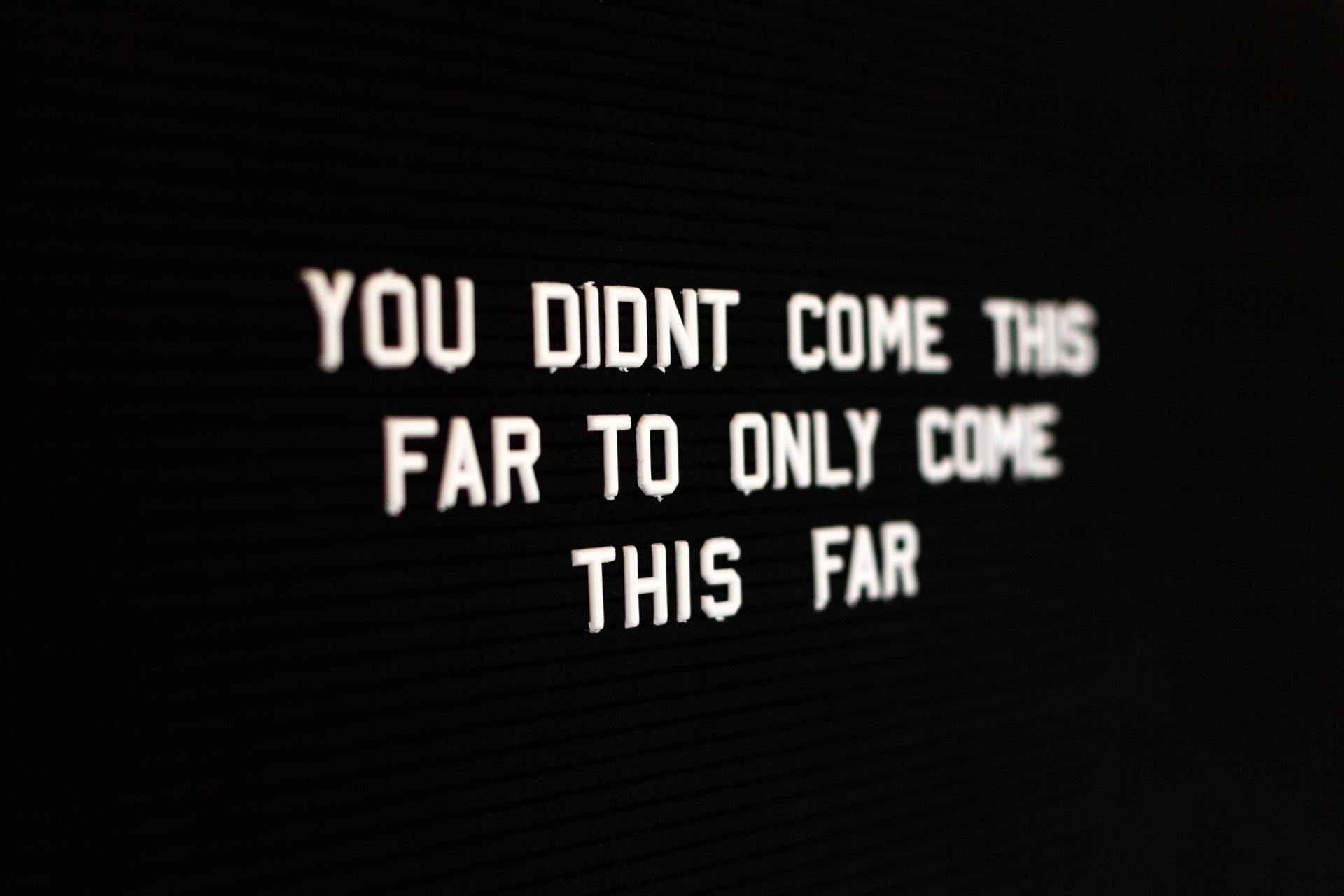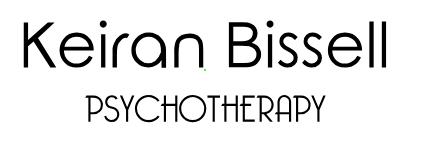Does Client + Therapist Fit Matter?

Client + Therapist Fit: does it really matter that much?
Client+ Therapist Fit....
the "working alliance," the "therapeutic alliance," or "interpersonal synergy." It's probably come up for you in your search for a therapist or in the course of your therapy (I know it has for me!). Client+therapist fit is incredibly important. This is why I offer a no-cost, in-person meeting for us to determine fit. Client+therapist fit is something I try to talk about in therapy and I hope you're able to talk about with therapist(s) as well.
There's almost fifty years worth of research on this topic, so I wanted to write this article to break down some of that research for you, as the client. I want you to have the information you need about how to find a therapist who is a good fit and the importance of fit for your therapy. According to this almost 50 years of research, Client+therapist fit is the most important factor of good therapy
. Or as the researchers write, "it is well established that the therapeutic alliance is the best predictor of therapeutic outcome" (Negri et al, 2019).
5 Questions About Client + Therapist
1.
Is the client + therapist fit more important than the therapist's treatment method?
I often hear from clients and friends that they searching for therapists by treatment method. Folks tell me things like, "I want to do EMDR" or "Somatic therapy just feels right" or "CBT appeals to how my mind works." Searching for a therapist by method or modality is a great way to get started. It can create a smaller list of potential therapists, and when you consider who is drawn to train in methods like art therapy, somatics, or CBT you may find yourself sitting across from someone who is similarly minded in their creativity, holistic approach, or logic.
That said, research shows.. A treatment method's effectiveness is not as strong of an indicator of good therapy as a good fit with the therapist
. Or according to researchers who reviewed over 70 studies, "the results showed a significant relationship between total therapeutic alliance ratings and treatment outcome across modalities, with more of the variance in outcome attributed to alliance than to treatment method" (Krupnick et al, 1996).
2.
What if I can only go for a few sessions of therapy.. is client+therapist fit important if I'm not doing therapy for a long time?
Yes
. Whether you're seeking long-term therapy or short-term therapy, if you think someone is a good fit, that tends to continue and whether short-term or long-term, your sense of getting 'good therapy' will still depend on feeling connected to the therapist. According to over twenty studies on therapeutic fit, "the length of treatment does not appear to influence the relation between the quality of the alliance and therapy outcome" (Horvath & Symonds, 1991).
3. Does the importance of therapist + client fit matter regardless of my diagnosis or issue?
Another common method of searching for a therapist is searching for therapists who specialize in a particular disorder, diagnosis, or issue. This is another way to shorten your list of potential therapists and insure you may be sitting across from someone capable. For instance, many of my LGBTQ clients expressing wanting to find therapists who specialize in assisting the LGBTQ population to insure their identities are understood in therapy. Finding someone who specializes in your diagnosis or issue is important, again, it gets you in front of a smaller list of people and similarly-minded therapists. And
just because someone is a specialist doesn't mean you should disregard client+therapist fit; still see a couple people to make sure the person you're sitting down with feels good for you.
Regardless of your diagnosis or issue, the therapist + client fit is an important factor for good therapy.
Research shows it can be even more important for individuals struggling with symptoms or diagnosis from previous trauma (Cronin, 2014). As the researchers note, "The working (therapeutic) alliance is of general clinical importance irrespective of the disorder group and should be a central target in all therapies" (Mander et al, 2017)
4. What if I really like the therapist but I'm not sure how they feel about me?
Okay, so maybe you found a therapist (or a few!) that you feel a good fit with. As is often the case when we're getting to know people, you're just not sure what they're thinking and if the therapist is also feeling the fit. Add to that, the fact that your therapist will likely choose to share their personal selves less than an average conversation, because therapy is your space. Your feeling of fit matters more than the therapist's.
Researchers on the topic are clear, "The client's opinion of this fit is a better indicator of a future positive outcome than the therapist's" (Horvath and Luborsky, 1993).
5. What if I feel like it's a good fit but then something happens? Is that fixable? Is it still a good fit?
As in our other relationships, there can be moments of feeling like something was missed in therapy. Perhaps the therapist misunderstood something or they thought one piece of your story was important but it was actually the other piece... or all kinds of other moments of disconnection. In therapy lingo, we call this a rupture. Ideally, you should feel comfortable talking with your therapist when this happens and open an opportunity for repair. These conversations are a normal part of therapy and a good therapist should welcome them as a way to better understand you. Even with therapists who are a good fit there may be some moments of disconnection; repairing those is important.
"In therapy with good outcomes, the studies show there may be rupture and repair in the alliance with repair being most important" (Horvath 1991).
Links to research!
Cronin, 2014. https://www.ncbi.nlm.nih.gov/pmc/articles/PMC3946510/
Negri et al, 2019. https://researchinpsychotherapy.org/index.php/rpsy/article/download/374/317
Horvath & Symonds, 1991. Relation between working alliance and outcome in psychotherapy: a meta-analysis.
Horvath and Luborsky, 1993
https://www.researchgate.net/profile/Adam_Horvath7/publication/14828157_The_role_of_the_therapeutic_alliance_in_Psychotherapy/links/54bc62a30cf24e50e9404dbf.pdf
Krupnick et al, 1996 https://www.researchgate.net/profile/Paul_Pilkonis/publication/14503250_The_Role_of_the_Therapeutic_Alliance_in_Psychotherapy_and_Pharmacotherapy_Outcome_Findings_in_the_National_Institute_of_Mental_Health_Treatment_of_Depression_Collaborative_Research_Program/links/53d1048c0cf25dc05cfe7e19/The-Role-of-the-Therapeutic-Alliance-in-Psychotherapy-and-Pharmacotherapy-Outcome-Findings-in-the-National-Institute-of-Mental-Health-Treatment-of-Depression-Collaborative-Research-Program.pdf
Mander et al, 2017. https://www.ncbi.nlm.nih.gov/pubmed/28497909



